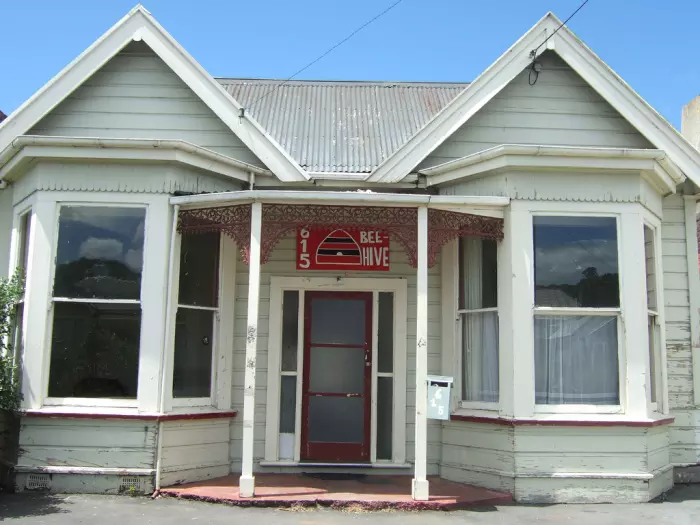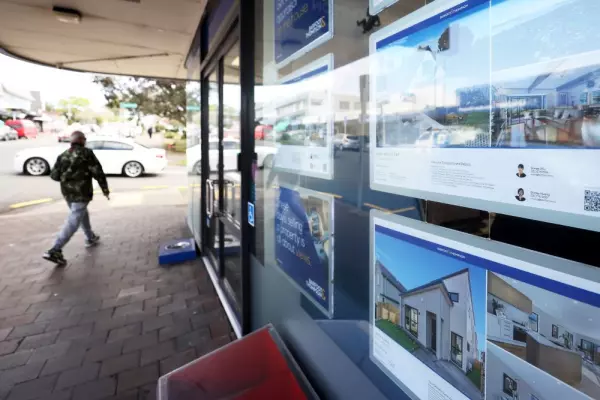The new Residential Tenancies Amendment Bill 2020, which passed under urgency yesterday, got the balance right, placed reasonable requirements on both landlords and tenants and would endure through New Zealand's changing housing landscape, according to Associate Housing Minister Kris Faafoi.
But property owners, in the form of the NZ Property Investors' Federation and the Real Estate Institute of NZ, said fundamental flaws have been ignored despite lengthy consultation and that the new rules have the potential to turn "good neighbourhoods into slums."
The NZPIF, which represents 7,000 NZ property owners, said the amendments will hurt both tenants and landlords alike. Its primary concern is the removal of the 90-day no-cause termination, where a tenant can no longer be given a notice to move for no reason.
This has been replaced by a new regime to end leases over antisocial behaviour, based on evidence of three separate instances occurring in a 90-day period, or on hardship grounds.
Executive officer Sharon Cullwick said what that effectively meant, is that tenants and neighbours who live beside a potentially anti-social tenant will not be able to ask the landlord for help or rely on them to ensure their "peace and quiet enjoyment" of the property.
"These neighbours will have to provide the evidence to be given to the tenancy tribunal which would then be able to rule that the landlord can remove the tenant from the property."
Cullwick said providing this evidence will serve to put the identified complainants at risk while only giving security of tenure to a "small number of anti-social tenants, but not to good tenants who will probably look for new properties to rent.
"It is possible that more areas will turn into slums as good tenants move out and marginal tenants take over."
Bindi Norwell, chief executive at REINZ said warnings of the law change's unintended consequences have "largely been disregarded" and now things may start to get extremely difficult for rental property owners who will find they have limited abilities to remove difficult tenants.
By implication, she said, the application process will be more onerous for prospective tenants who can’t provide an ‘excellent’ tenancy rental history, "as a rental property owner is now unlikely to select that tenant for fear that they will be unable to remove them, should there be issues down the track."
Impact on students
The bulk of rental reforms, which come into effect in six months, limit rent increases to once every year and included an 11th hour addition, giving victims of family violence the right to end a tenancy with two days' notice.
Another area of contention is the automatic rollover of rental agreements to periodic tenancies at the conclusion of a fixed term agreement, unless both parties agree otherwise.
"The impact of that on the student market will be substantial," particularly in areas with strong student populations such as Dunedin, Wellington and Christchurch, Norwell said. Tenants can now expect rents to rise with families "moving into student areas" as houses become available outside term times, Norwell said.
Landlords will also have to give tenants an increased notice from 42 days to 90 days if they want to place the property on the market or move into the property themselves.
The federation's Cullwick said they expected up to a fifth of rental property owners to leave the industry, with "many already exiting" what they considered as an over-regulated market.
"At present, there are close to 17,000 people on the emergency housing waiting list. This list will now continue to rapidly increase as tenants without impeccable tenancy records find it challenging to rent a property from private rental property owners."
Rental increases
And Cullwick said that, with fewer properties available, rents will likely rise, reflecting simple supply and demand.
According to Stats NZ data, rental price increases are a key driver for annual domestic inflation of above 3 percent to June 2020, alongside cigarettes and tobacco, fast food and property rates.
Ahead of the covid-19 inspired rent freeze, rental prices rose 3.7 percent in March quarter from a year earlier, driven by a 5.7 percent year-on-year increase in Wellington and an overall 4.9 percent increase for NZ outside of Auckland.
Median rents in Auckland have risen 9.8 percent over the past three years, from $510 to $550 per week, and in Wellington by 20.2 percent, from $420 to $505 over the same time.
Norwell said it will be "interesting to see" how much higher rents go as more landlords withdraw from the market.
She said there were some positives, including banning landlords from seeking rental bids and making rental properties safer and more liveable by enabling tenants to make minor changes to the property, such as installing child-proofing, hanging pictures, or earthquake-proofing.















